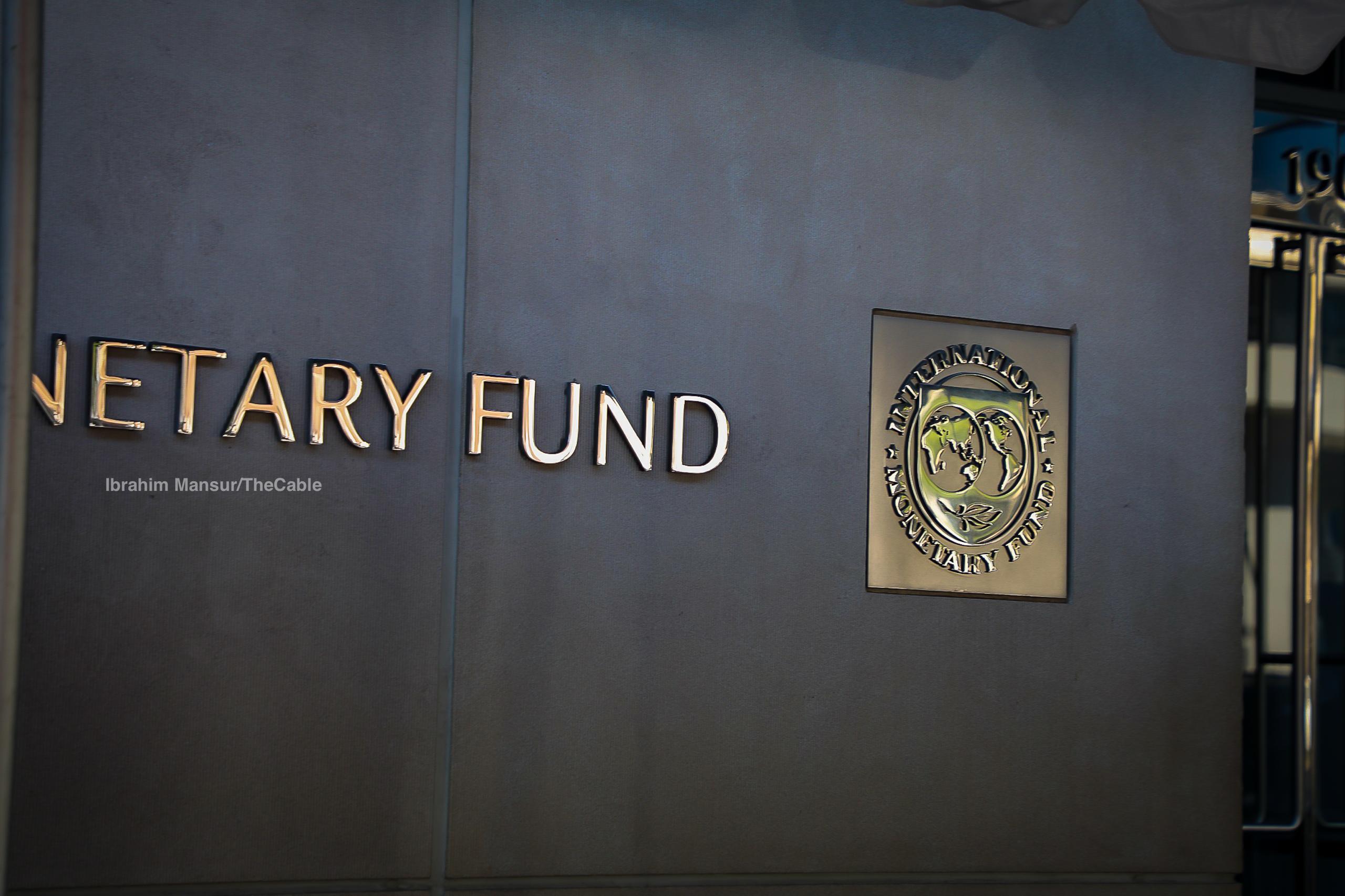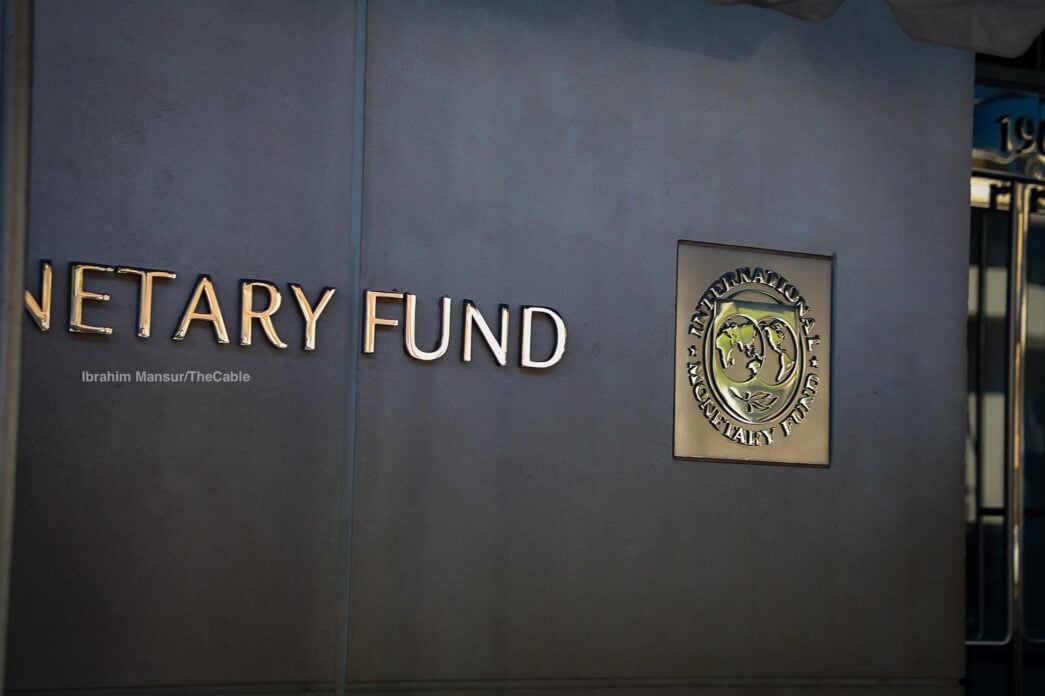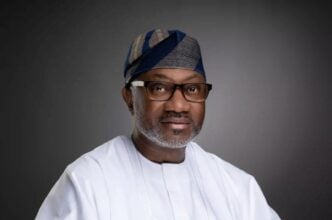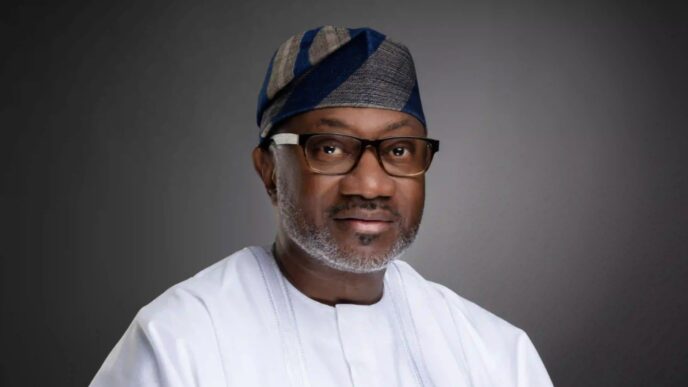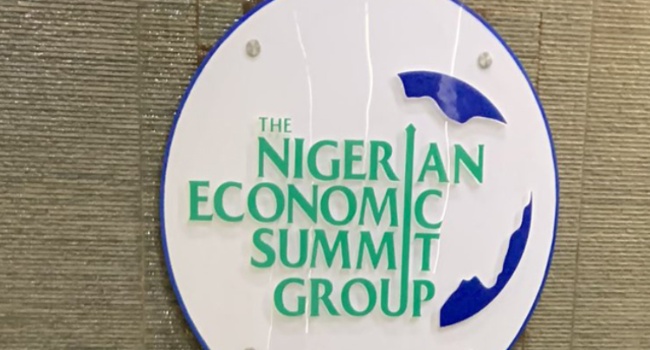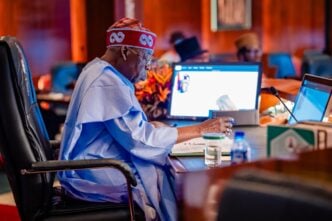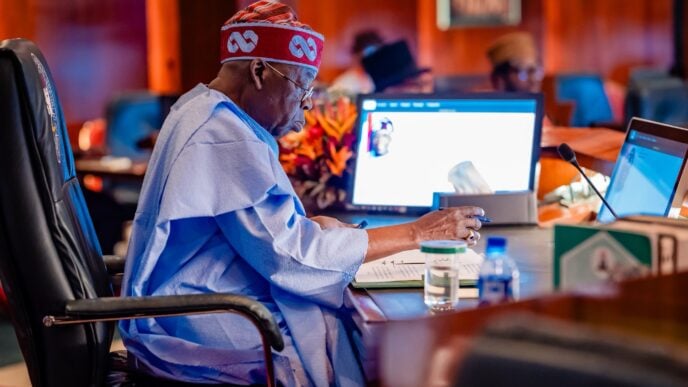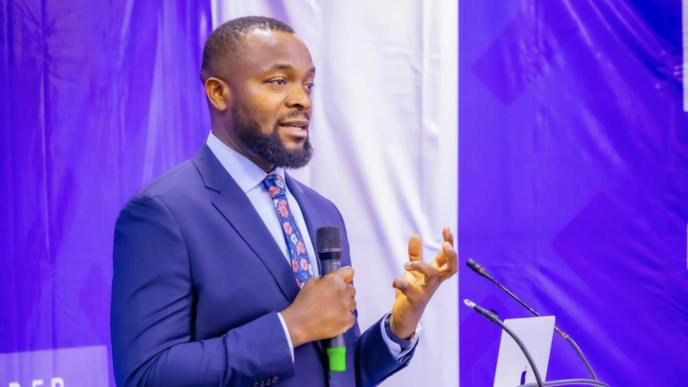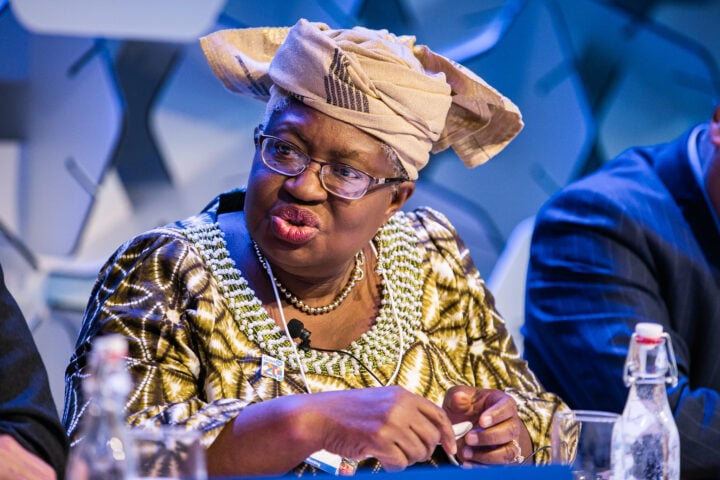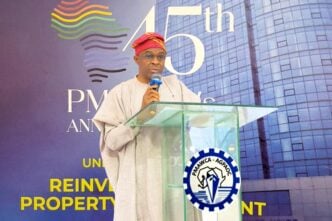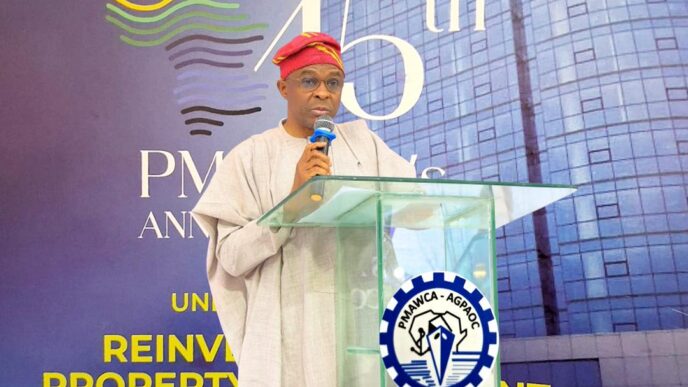IMF headquarters in Washington DC
The federal government is seeking continued technical support from the International Monetary Fund (IMF) fiscal affairs department to design a transparent and resilient price modulation mechanism.
Emeka Vitalis Obi, permanent secretary of the ministry of petroleum resources, spoke in Abuja during a joint engagement, according to a statement dated October 31 by Chris Ugwuegbulam, the ministry’s head of press and public relations.
The engagement brought together the ministry, its regulatory agencies, the Nigerian Upstream Petroleum Regulatory Commission (NUPRC); the Nigerian Midstream and Downstream Petroleum Regulatory Authority (NMDPRA), and the IMF fiscal affairs department (FAD) technical assistance mission on climate policy.
Obi reaffirmed the federal government’s commitment to strengthening Nigeria’s fiscal and energy frameworks through sustained collaboration with international development partners.
Advertisement
“Such a mechanism would help to cushion domestic price shocks, insulate markets from extreme global volatility, and preserve fiscal discipline,” the secretary said.
He described the IMF mission as “timely and strategic,” noting that it aligns with the government’s ongoing efforts to strengthen Nigeria’s fiscal framework amid global energy market uncertainties, post-pandemic recovery, and growing climate-related fiscal pressures.
Obi said the government’s removal of the petrol subsidy was a necessary step toward restoring fiscal stability, redirecting public expenditure to critical infrastructure and social welfare, and ensuring the long-term sustainability of the energy sector.
Advertisement
He reaffirmed Nigeria’s commitment to reducing methane emissions and ending routine gas flaring.
The permanent secretary added that initiatives such as the Nigeria gas flare commercialisation programme (NGFCP) and emerging carbon-credit frameworks are incentivising gas utilisation across power generation, fertiliser production, and the compressed natural gas (CNG) market.
“These measures directly support Nigeria’s Nationally Determined Contributions (NDCs) under the Paris Agreement and align the petroleum sector with global environmental, social, and governance best practices,” he said.
Obi called for sustained IMF partnership, both technical and financial, to enhance Nigeria’s fiscal analytics, climate policy modelling, and carbon pricing readiness.
Advertisement
In his response, Diego Mesa, leader of the IMF technical team, commended the permanent secretary for providing an insightful overview of Nigeria’s current energy and fiscal landscape.
Mesa said the IMF mission’s visit, at the invitation of the federal ministry of finance, was part of ongoing engagements on fiscal reforms, sustainable development, and climate policy.
He noted that the team’s focus within the petroleum ministry includes fossil fuel and carbon taxation frameworks.
During the technical session, Abdul-Afeez Balogun, director of planning at NUPRC, said the commission is prioritising the elimination of gas flaring, venting, and reduction of fugitive methane emissions as part of its sustainable regulatory mandate.
Advertisement
Also speaking, Ayodeji O. O, director of planning at NMDPRA, said the authority is refining tariff methodologies for pipelines and gas processing facilities to ensure fair returns on investment while protecting consumer interests.
According to the statement, the engagement was attended by directors of technical departments in the petroleum ministry, as well as senior officials of the NUPRC and NMDPRA.
Advertisement
Ugwuegbulam said all parties resolved to work in close synergy to advance Nigeria’s fiscal and climate resilience agenda.
Advertisement
